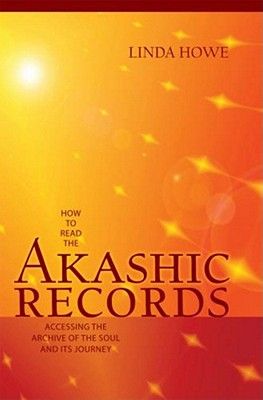Home
Nature and Its Unnatural Relations: Points of Access
Loading Inventory...
Barnes and Noble
Nature and Its Unnatural Relations: Points of Access
Current price: $130.00


Barnes and Noble
Nature and Its Unnatural Relations: Points of Access
Current price: $130.00
Loading Inventory...
Size: Hardcover
*Product Information may vary - to confirm product availability, pricing, and additional information please contact Barnes and Noble
Consisting of contributions from a host of international scholars (in fields as diverse as literature, architecture, philosophy, and education), Alain Beauclair and Josh Toth’s
Nature and Its Unnatural Relations: Points of Access
intercedes in ongoing debates about accessing, defining, and respecting a world humans continue to misuse and misunderstand—and that, as a result, is becoming increasingly inhospitable. The chapters shuttle between a variety of aesthetic and philosophical concerns—from theology and Biblical interpretation to colonialism, hermeneutics, phenomenology, worlding, posthumanism, and speculative realism. These varied approaches are united by a single aporetic thread: efforts to surmount the problem of “human access” invariably risk repeating (ever more blindly) the violence and immorality of anthropocentrism. We seem trapped in the
cul-de-sac
of the Anthropocene. To discover potential new exits, the contributors consider whether it is possible or advisable to abandon so-called “correlationism”—of art, of literature, of technology. If it is, then how? If not, how might we more ethically reembrace our innately corruptive relations with a world of non-human others? How might we free “nature” (finally) from the demands of human action and human thought without mendaciously reinscribing humanity’s distance from it or denying a proximity that is only traversable by artificial means?
Nature and Its Unnatural Relations: Points of Access
intercedes in ongoing debates about accessing, defining, and respecting a world humans continue to misuse and misunderstand—and that, as a result, is becoming increasingly inhospitable. The chapters shuttle between a variety of aesthetic and philosophical concerns—from theology and Biblical interpretation to colonialism, hermeneutics, phenomenology, worlding, posthumanism, and speculative realism. These varied approaches are united by a single aporetic thread: efforts to surmount the problem of “human access” invariably risk repeating (ever more blindly) the violence and immorality of anthropocentrism. We seem trapped in the
cul-de-sac
of the Anthropocene. To discover potential new exits, the contributors consider whether it is possible or advisable to abandon so-called “correlationism”—of art, of literature, of technology. If it is, then how? If not, how might we more ethically reembrace our innately corruptive relations with a world of non-human others? How might we free “nature” (finally) from the demands of human action and human thought without mendaciously reinscribing humanity’s distance from it or denying a proximity that is only traversable by artificial means?


















